UN Concerned About Haiti 10 Years Since Disastrous Earthquake
11 January
https://www.sdgsforall.net/index.php/goal-11/1225-un-concerned-about-haiti-10-years-since-disastrous-earthquakeBy J Nastranis
NEW YORK (IDN) – Hundreds of thousands of Haitians lost their lives, including 102 UN personnel, and millions were gravely affected by the devastating earthquake that struck the Caribbean nation ten years ago on January 12.
The incident ranks among the top 10 deadliest earthquakes in human history, according to a recent OCHA report. Nevertheless, $126 million humanitarian plan for Haiti, launched in February, was only 32 per cent funded. (P25) CHINESE | Japanese Text Version PDF | PORTUGUESE
In a video message on the 10th anniversary of the Haiti earthquake, UN Secretary-General António Guterres lauded “the resilience of its people and the support of its many friends to overcome this disaster”. But, according to OCHA report, deteriorating economic conditions in 2019 —including low growth rate, high inflation and an increase in the cost of basic food items—have had a negative impact on the humanitarian situation in the Caribbean nation.
The adverse impact continues to be felt unabated. As the UN humanitarian affairs office, OCHA, said on December 27, 2019, the number of Haitians who do not have sufficient food to eat is expected to surpass four million this year, up from 3.7 million in 2019.
The UN chief has assured “the continued support of the international community” to enable Haiti achieve the Sustainable Development Goals, and “through strengthening the institutions that are so crucial to the wellbeing and prosperity of its people”. Guterres renewed “the commitment of the United Nations to helping Haiti and its people build a brighter future”.
But, as OCHA reports, high inflation and an increase in the cost of basic food items have had a negative impact on the humanitarian situation in the Caribbean nation. At the same time, insecurity and social tensions have restricted aid workers’ access to a large part of the country.
Subsequently, the number of Haitians facing food insecurity rose to 3.7 million in 2019, up from 2.6 million in 2018. OCHA expects the figure will reach 4.2 million by March, with some 1.2 million Haitians likely to experience “emergency levels” of food insecurity.
“The situation is expected to remain unstable in the coming months, which will further weaken the country’s economy and, consequently, the ability of the poorest Haitians to meet their basic needs as well as the capacity of the State to provide essential services,” the agency said.
OCHA and its partners supported 455,000 people in Haiti during the first nine months of the year. However, lack of funding prevented them from reaching even more. A $126 million humanitarian plan for Haiti, launched in February, was only 32 per cent funded: among the lowest in the world, according to OCHA.
Humanitarians are seeking $252 million to support more than two million people in Haiti in 2020. Overall, 4.6 million citizens, or around 40 per cent of the population, mainly women and children, will require urgent assistance.
Against this backdrop, the UN Security Council has stressed the need to resolve the ongoing political impasse in Haiti between President Jovenel Moïse and a surging opposition movement.
Council members issued a statement on January 9 night outlining the immediate necessity for parties to engage in an inclusive and open dialogue to form a government that responds to the needs of the people.
In addition to political instability, Haiti has also faced fuel shortages, corruption scandals and other challenges, prompting angry citizens to take to the streets.
“The members of the Security Council recalled the need for the Government of Haiti to address the underlying causes of instability and poverty within the country. They urged all stakeholders to refrain from violence and to resolve differences through peaceful means,” the statement said.
They further emphasized the urgent need to address deteriorating humanitarian conditions in the country, with support from the UN and the international community.
The Security Council also called for action to address recent spikes of violence, adding that those responsible must be held accountable. They particularly referred to the November 2018 massacre of civilians in the La Saline neighbourhood in the capital, Port-au-Prince, and the killing of some 15 people one year later in armed clashes in the Bel-Air district.
As UN News reported, Council members also urged Haitian stakeholders to continue to take advantage of the recently established UN Integrated Office in the country, which works to strengthen political stability and good governance.
The office, known by the French acronym BINUH, became operational in October following the end of 15 years of UN peacekeeping operations in Haiti. [IDN-InDepthNews – 11 January 2020]
Photo: An informal settlement in Port-Au-Prince, Haiti. Credit: UN-Habitat/Julius Mwelu.
IDN is flagship agency of the International Press Syndicate.
facebook.com/IDN.GoingDeeper - twitter.com/InDepthNews




 User Center
User Center My Training Class
My Training Class Feedback
Feedback

